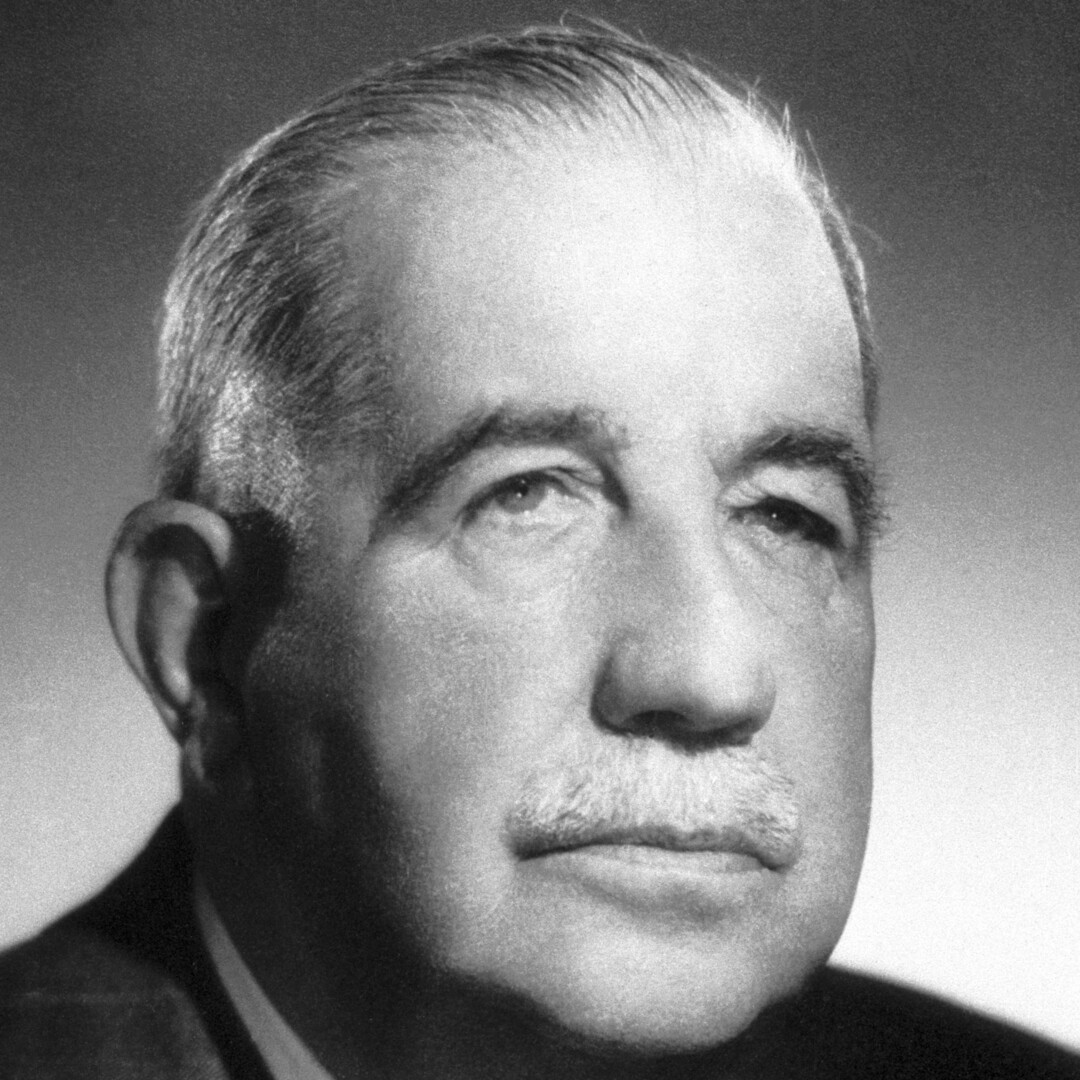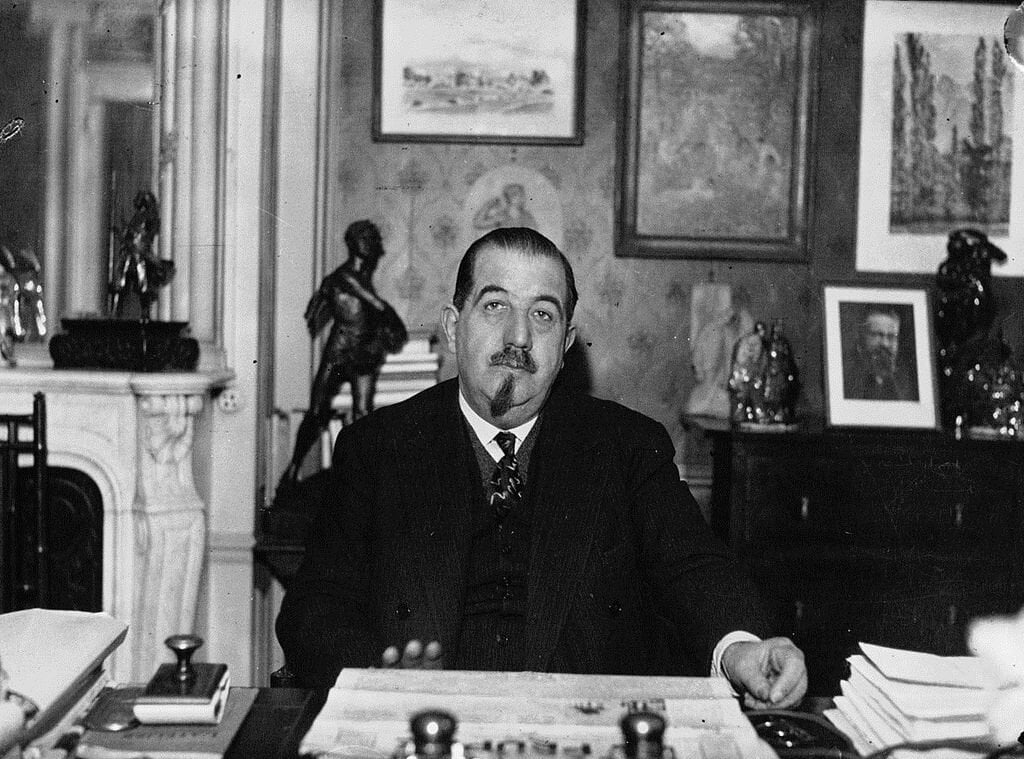Léon Jouhaux
Speed read
Léon Jouhaux was awarded the Nobel Peace Prize for his lifelong struggle for the promotion of social justice and workers’ rights.

Full name: Léon Jouhaux
Born: 1 July 1879, Paris, France
Died: 28 April 1954, Paris, France
Date awarded: 5 November 1951
Social justice leads to peace
Léon Jouhaux grew up poor in a Paris suburb. His father, a match factory worker, became blind from over-exposure to white phosphorous. As a result, Léon had to go to work in the match industry to support his family. He became a labour union representative, and in 1909 he was elected secretary-general of the national labour organisation Conféderation Générale du Travail (CGT). In 1919 he helped to found the International Labour Organisation (ILO). During WWII, he was imprisoned by the Germans for his participation in the Resistance Movement. After 1945, he actively opposed communism, and worked to achieve German-French reconciliation and European unification. The award to Jouhaux was viewed as a tribute to a fellow partisan from the majority of the Norwegian Nobel Committee, who were members of the Norwegian Labour Party.
"He has devoted his life to the work of promoting brotherhood among men and nations, and to the fight against war."
Gunnar Jahn, Presentation Speech, 10 December 1951.

"The action of the Norwegian Nobel Committee in awarding the peace prize to Jouhaux emphasizes the great importance that is being placed upon the fight against Communism."
The US newspaper 'Columbus Enquirer', 10 November 1951
Jouhaux’ view of disarmament
In the 1920s Jouhaux participated in the unsuccessful disarmament negotiations in the League of Nations. He spoke out against large standing armies commanded by powerful general staffs, arguing instead for democratic people’s armies, patterned after the Swiss model, to be used for defence purposes only. According to Jouhaux, the arms industry should be made the property of the state and subjected to strict legislation and agreements. He also maintained that weapons manufacturers should be inspected by government authorities and regulated by supranational agencies. His dream of organising arms manufacturers across national borders is an early indication of his future support for the European Coal and Steel Community in the early 1950s.
"The Europe we are building will have more doors and windows than walls."
Léon Jouhaux, Nobel Prize lecture, 11 December 1951.
A champion of European cooperation
In 1949 Leon Jouhaux became the first president of the European Movement. He was a keen supporter of the Schuman Plan, which paved the way for the European Coal and Steel Community (ECSC). The agreement for the ECSC was signed in 1951 by France, Germany, the Benelux states and Italy. The ECSC formed the basis of the EU. In his Nobel Prize lecture, Jouhaux underlined that a united Europe must show “that the democracies can bring about social justice through the rational organization of production without sacrificing the liberty and the dignity of the individual.”
Learn more
Dean of the French labor movement for forty-five years, Léon Jouhaux was born in Paris, heir to the radical beliefs of his grandfather who had fought in the Revolution of 1848 and of his father who had been a part of the Commune that had controlled Paris for a brief time in the aftermath of the Franco-Prussian War ...
Disclaimer: Every effort has been made by the publisher to credit organisations and individuals with regard to the supply of photographs. Please notify the publishers regarding corrections.
Nobel Prizes and laureates
Six prizes were awarded for achievements that have conferred the greatest benefit to humankind. The 14 laureates' work and discoveries range from quantum tunnelling to promoting democratic rights.
See them all presented here.
